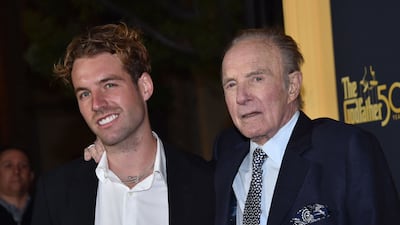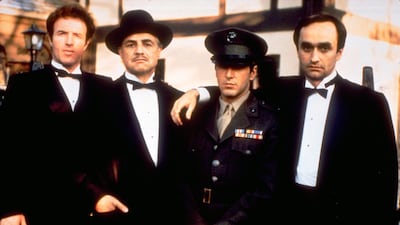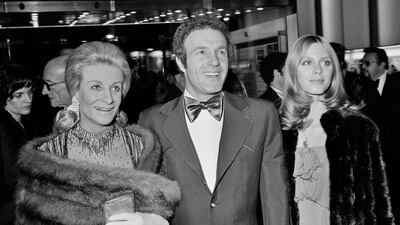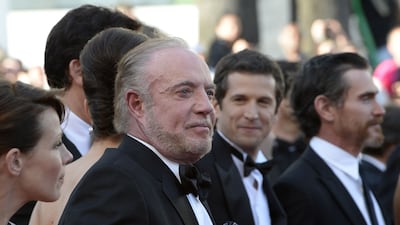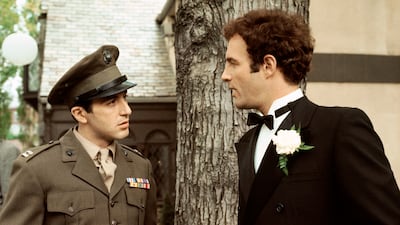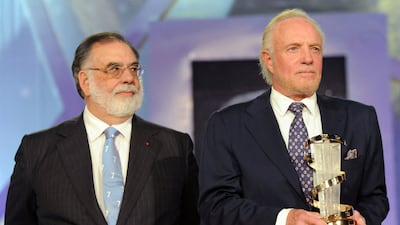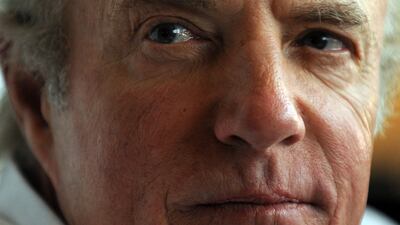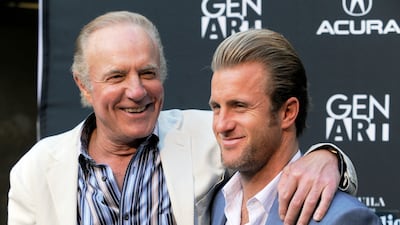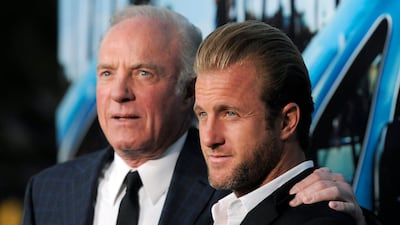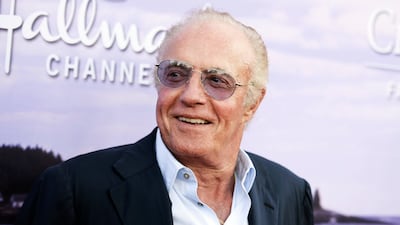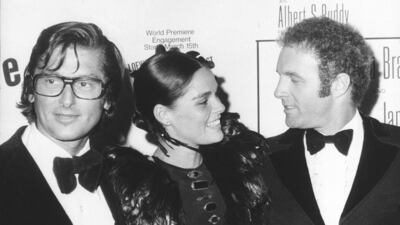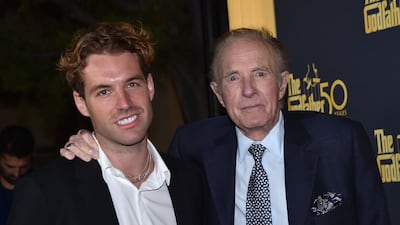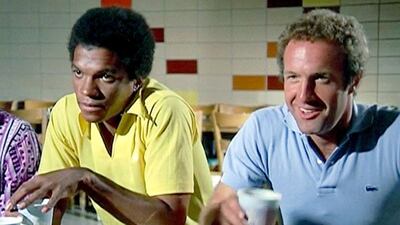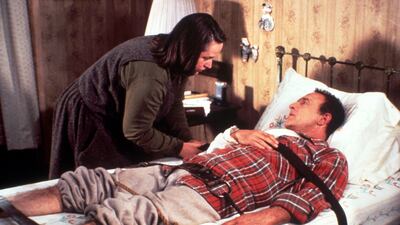When it was announced on Thursday that James Caan had died, aged 82, the previous day, there was an overwhelming sense of sadness in the film community. Caan, one of the greatest actors of his generation, had seen it all: an Oscar nomination for his role as Sonny Corleone in The Godfather; the wild fame that followed in the 1970s for films such as Rollerball and Freebie and the Bean; obscurity in the 1980s, when he temporarily left Hollywood; and a comeback in the next decade, notably as the writer held captive by an obsessive fan, played by Kathy Bates, in Misery.
Of course, he will always be best remembered for The Godfather. He went up for the role of Michael Corleone, eventually played by Al Pacino, and was favoured by Paramount for the part, but after the intervention of director Francis Ford Coppola (who previously cast him in 1969’s quietly brilliant The Rain People), he was switched to the character of the older brother. It was no downgrade, certainly, with Caan walking away with arguably one of the most memorable death scenes in cinema, as he’s gunned down by assailants at the tollbooth. He was famously fitted with more than 140 squibs (the exploding pellets used to simulate spurts of blood) to enact the harrowing moment.

Caan was one of a kind when it came to acting — the sort who breathed authenticity through every pore.
Less than a fortnight ago, I took in the chance to see Michael Mann’s 1981 masterpiece Thief again on the big screen. Caan plays Frank, an ex-con safe-cracker trying to quit the life. He studied with real jewel thieves, learning just how they bust into safes. But — aside from the glorious shoot-out finale, another absolute classic in his canon — what really resonates are the domestic scenes with co-star Tuesday Weld, as they plan their life away from the city. He could play romance, in his own way, as well as anybody.
Quite why Thief didn't kickstart another successful decade in Hollywood for Caan is something of a mystery. Personally, he’d suffered from substance abuse and the death of his sister, and he walked out of Robert Ludlum thriller The Holcroft Covenant, but his absence from screens across much of the 1980s was keenly felt. It took Coppola to bring him back in 1987’s Vietnam tale Gardens of Stone, but it wasn’t until he took on the adaptation of Stephen King's Misery that he was back in the mainstream. Even now, as Bates’s demented Annie Wilkes raises her sledgehammer to cripple Caan’s bedbound character, I can hear his cries of pain.

I only met him once, on his home turf, in New York, for the film Mickey Blue Eyes, a 1999 comedy in which Hugh Grant, as an English auctioneer, becomes involved with the daughter of a mafia kingpin played by Caan. It played wickedly with Caan’s screen persona, particularly from The Godfather.
“One of the funniest days on set was when I was trying to teach Hugh’s character to say, ‘Forget about it!’” he told me, referring to the much-used Mafia phrase. “There was about an hour-and-a-half of film on that. I’m hoping we save it and put out a picture called ‘Forget about it’. He’s so English and I’m so New York. We don’t belong in the same room.”
He was 59 then — and as funny as hell. Years as an actor in demand hadn’t changed him a bit. The film, he said, reminded him less of The Godfather than it did of his upbringing in the tough New York district The Bronx. “My neighbourhood was a melting pot. Some people had questionable jobs, but those that I grew up with, I had no knowledge of any horrendous crime being committed by them. Those that I have heard of — those who commit murder — I do have absolute distaste for. The guys I grew up with would try and fix a bribe; it’s the same thing as the City does anyway.”
More recently, in 2003, he co-starred with Will Ferrell in Elf, a comedy that has gone on to become a perennial Christmas favourite and one that introduced Caan to a whole new generation of younger film fans. Unarguably one of Ferrell’s greatest films, his high-energy performance as Buddy, a human raised by Santa’s elves, only worked as well as it did because of Caan, as his grouchy father, who gradually comes to love this eccentric son he never knew. For every Christmas onwards, fans will be able to raise a glass of eggnog to Caan — for that film has become every bit a staple of the TV schedules as It's a Wonderful Life.
Even the Twitterverse became aware of Caan; if not exactly a prolific tweeter, he did put out occasional tweets, always signing off with the wry phrase "end of Tweet". As one user noted, that was an “exceptional commitment to a joke”. His family, who announced his death online, even signed off in the same way, out of respect for a man whose gruff sense of humour was there right to the end.
Unlike many of his peers, be it Jack Nicholson or Gene Hackman, he carried on working — recently completing Fast Charlie, a film by Phillip Noyce based on the novel Victor Gischler called Gun Monkeys, and co-starring Pierce Brosnan. It’s another mob story, but one in which you can imagine that Caan’s performance will ring true. They always did.
